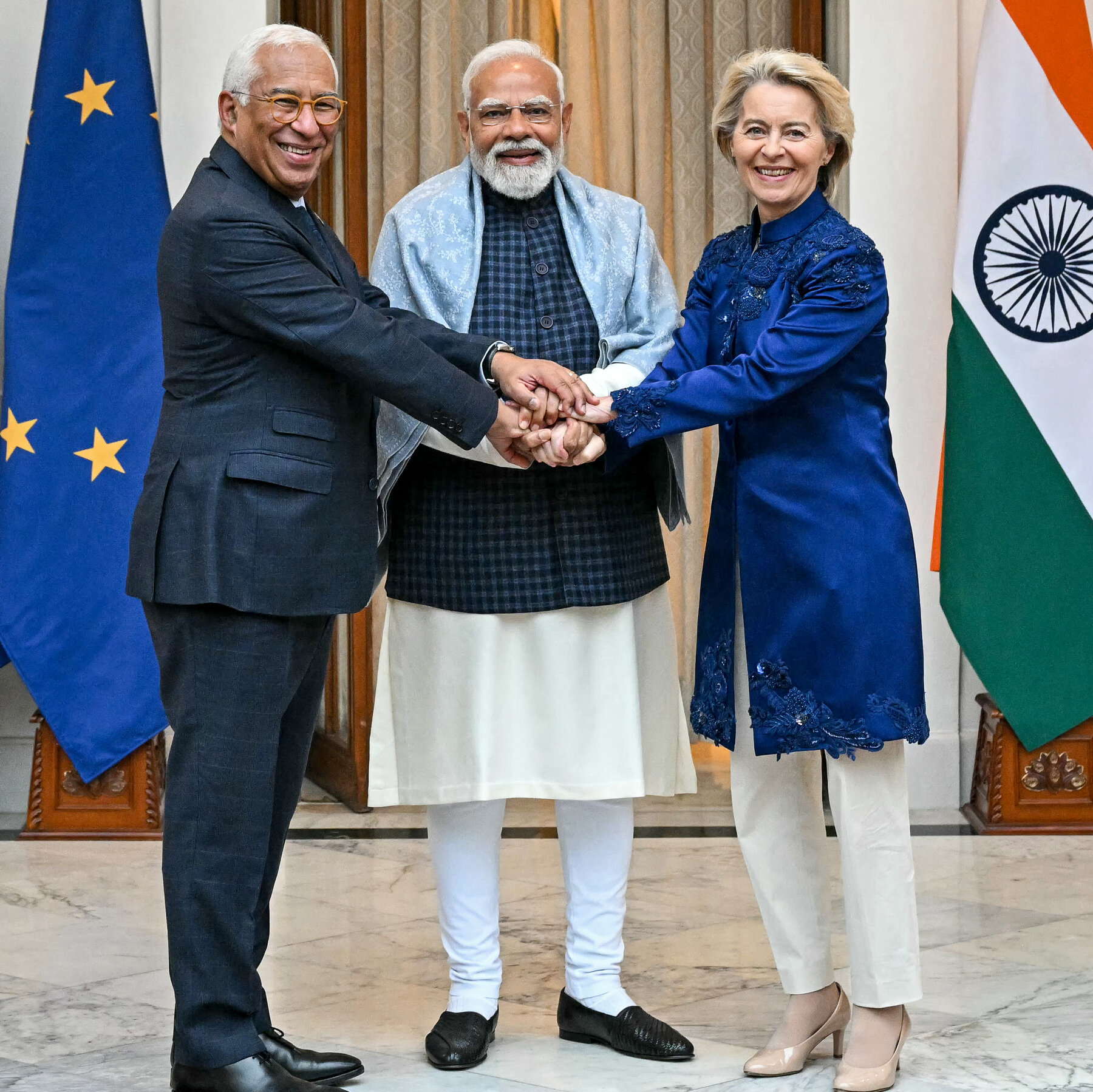
After a year of prolonged negotiations marked by dramatic twists and turns, the Canadian retailer Alimentation Couche-Tard said it was abandoning its multibillion-dollar bid to acquire the owner of 7-Eleven convenience stores.
When Couche-Tard, which operates Circle K convenience stores, approached Seven & i Holdings, the Japanese owner of 7-Eleven, last summer about a potential acquisition, it set off a whirlwind of activity around the struggling retail giant.
Over the past year, Seven & i has fielded not only the $47 billion offer from Couche-Tard but a takeover attempt from the son of its founder. It has also seen the arrival of a new management team, led by a Japanese American retail executive who pledged to spearhead growth independently.
In a letter to Seven & i’s board on Thursday, Japan time, Couche-Tard said it was withdrawing its proposal because of a lack of “sincere or constructive engagement” that would allow the deal to progress. It accused Seven & i of a “calculated campaign of obfuscation and delay.”
Seven & i said in a statement that it would accept Couche-Tard’s decision, though it found the announcement “regrettable.” It also defended its actions, saying the Couche-Tard letter contained “numerous inaccurate statements” and that its special committee had engaged in “sincere and constructive discussions.”
The battle for control of 7-Eleven has been widely watched as a barometer of the sweeping changes underway in corporate Japan. It’s seen as a test of how far Japanese companies, long burdened by low valuations, are willing to go to boost shareholder value.
For much of the past decade, Seven & i had been at war with activist investors from the United States who argued it would be worth more if it focused solely on its core convenience stores and sold off its struggling peripheral businesses. That agitation had spurred little action.
In recent years, however, more companies have been responding to pressure from Japanese officials and others to take steps — such as properly considering takeover offers — that would demonstrate an openness to reforms that might create more value for shareholders.
Such efforts helped to boost the Nikkei stock index to several record highs last year, and the momentum seemed to spill over to Seven & i.

In 2024, after Couche-Tard approached the company about a potential takeover, Seven & i formed an independent committee to consider the proposal. That was a markedly different response from two decades ago, when Couche-Tard first approached the company’s executives about a potential deal and was swiftly rebuffed.
However, the notion of 7-Eleven, a much-loved cornerstone of Japanese society, falling to a foreign suitor was always a tough sell.
In Japan, 7-Eleven is ubiquitous. People visit the stores to buy fresh foods like rice balls and hot stews and handle daily tasks such as paying bills and sending packages. Convenience stores like it are seen as so vital to daily life in Japan that the government has declared them part of the national infrastructure.
Seven & i management had doubts about whether Couche-Tard could run its more than 85,000 stores across Asia and the United States better than a Japan-based team could. Earlier this year, when Seven & i appointed a new chief executive, Stephen Dacus, he brought with him several ideas for revamping Seven & i’s global operations.
In March, Mr. Dacus, a former executive at Walmart and at the Uniqlo owner Fast Retailing, said Seven & i would aim to list its North American convenience-store business by the end of 2026. He said the company had reached a deal to sell some peripheral retail businesses and would repurchase over $13 billion worth of its shares by fiscal year 2030.
For its part, Couche-Tard had maintained it would respect Seven & i’s methods in Japan, aiming to leverage the Japanese 7-Eleven model for its global operations. The Canadian company argued that combining forces would forge a global retail powerhouse, significantly boosting Seven & i’s shareholder value, which Couche-Tard deemed “grossly undervalued.”
Seven & i shares reached a record high late last year following Couche-Tard’s offer for the Japanese retailer. The bid garnered support from a number of international investor groups, which saw the $47 billion offer for Seven & i’s shares as a generous one.
Seven & i shares fell more than 7 percent in trading on Thursday, following news of the offer’s withdrawal.

In May, both companies entered a nondisclosure agreement to advance discussions and began scouting for potential buyers for some of their overlapping U.S. convenience stores, in a bid to mitigate antitrust concerns that Seven & i management believed could hinder regulatory approval. Circle K and 7-Eleven are the biggest convenience stores in the United States, with more than 15,000 stores between them.
In its Thursday letter, Couche-Tard said it saw “a clear path to U.S. regulatory approval” but that without “genuine further engagement,” it could not effectively pursue its combination plans.
Seven & i said in a statement that it had collaborated with the Canadian company “sincerely” in discussions aimed at maximizing value for its shareholders and mitigating “extremely high U.S. antitrust hurdles.”
Seven & i’s management will now face renewed pressure to prove to shareholders that its current leadership will be able to deliver growth and returns beyond what the Canadian retailer’s acquisition might have offered.
In an April interview, Mr. Dacus, Seven & i’s chief executive, outlined plans for more aggressive investment, particularly focusing on introducing fresh food options in its U.S. stores, where profit margins have lagged behind those of rival chains. He also said that controlling costs would be important if the Trump administration’s tariffs cooled consumer demand.
Last week, Seven & i reported that its net profit for the March-through-May quarter had more than doubled year-over-year, driven by a surge in overseas sales. That led to a jump in the company’s stock price.
As of Thursday, after the announcement of the offer’s withdrawal, Seven & i shares were down about 16 percent this year, significantly underperforming the Nikkei stock average, which has gained slightly.







-3.png)



